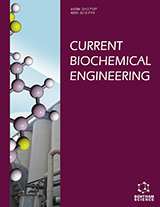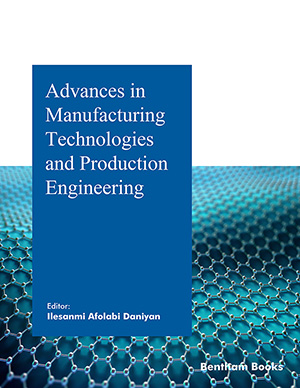Abstract
The stringent requirements and high cost involved in the production of biomolecules from pharmaceutical, food and speciality chemical industries demand appropriate real-time process monitoring and control for downstream processes. Process analytical technology (PAT) is now an established concept for process monitoring and quality compliance in the pharmaceutical industries and is rapidly gaining importance in the bioprocessing industries. PAT tools of importance to biotechnological industries include optical spectroscopic methods such as Raman spectroscopy, near- and mid-infrared spectroscopy, attenuated total reflection Fourier transform spectroscopy, acoustic emission spectroscopy, coupled with spatial methods such as digital imaging and hyperspectral chemical imaging. These tools have potential application in monitoring and control of unit operations in downstream processing such as crystallisation, freeze-drying, centrifugation and filtration. In this review we provide an overview of the PAT tools, including spectroscopic methods and imaging technologies, followed by a critical analysis of their application in various unit operations, their potential and the challenges encountered. The ‘big data’ obtained from various PAT tools demands the application of multivariate data processing methods. We also provide a brief discussion of the multivariate statistical methods (chemometrics) applied to extract the rich information contained in typical data obtained from various PAT tools.
Keywords: Process analytical technology, PAT, NIR, downstream processing, chemometrics.
Graphical Abstract
 43
43 8
8













